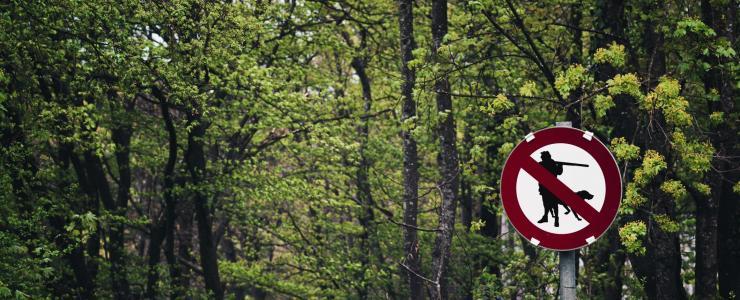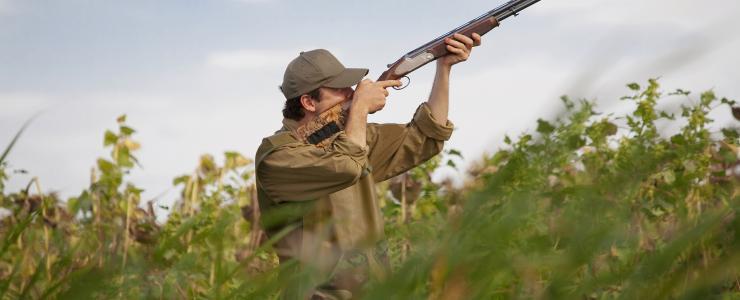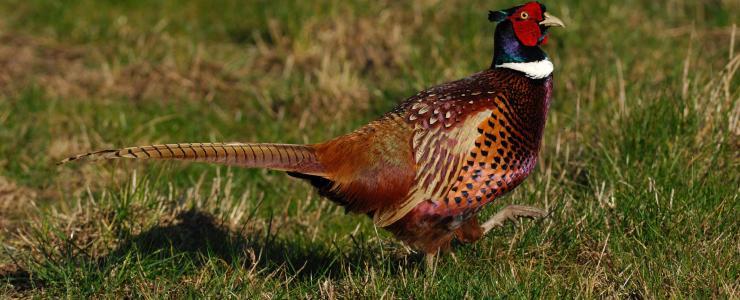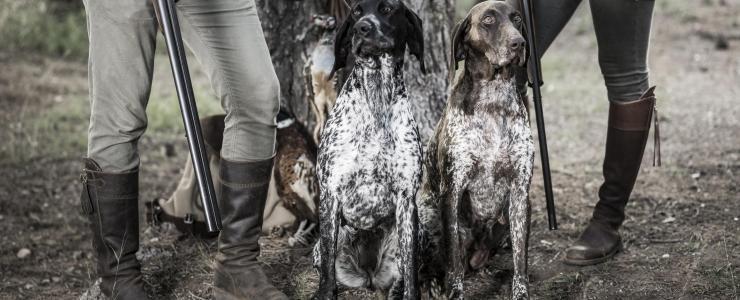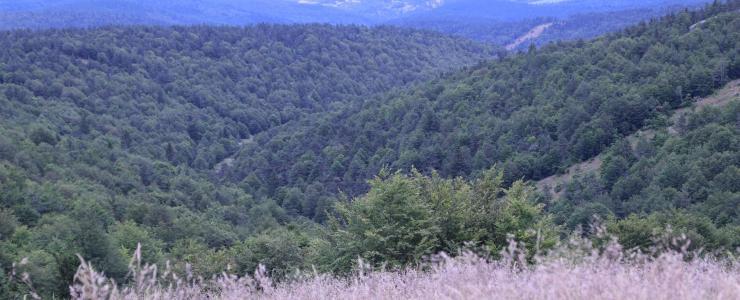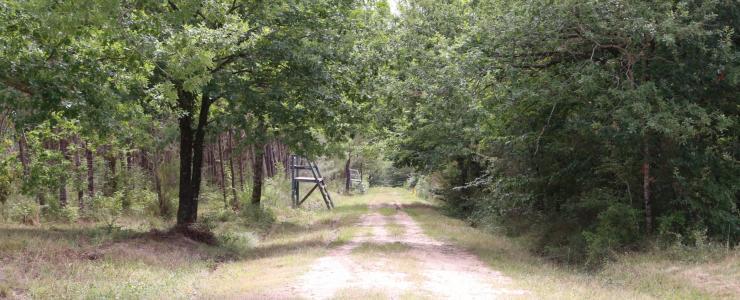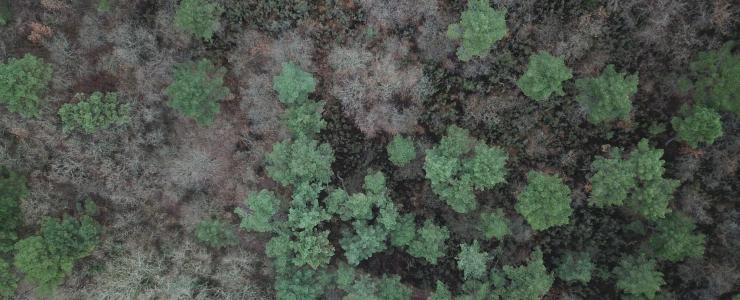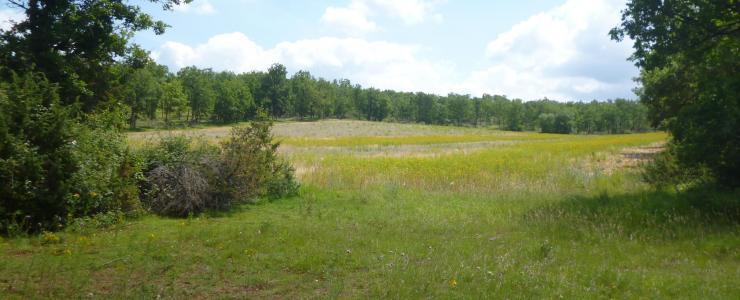Hunting law
In France, the right to hunt is part of the right of ownership.
It is nonetheless governed by Article 420-3 of the Environment Code. It is regulated by law in the public interest.
The right to hunt is thus attached to the land owner’s right of ownership. If the property or hunting estate is sold, the right to hunt is automatically included in the sale.
In France, hunting rights are intertwined with land ownership
It is however accepted that we can hunt anywhere, unless expressly forbidden by the land owner.
A land owner is automatically entitled to hunt on their own land. According to hunting regulations, the owner can grant the right to hunt to third parties, either by leasing their hunting right or by entrusting it to a communal or private hunting association.
The contribution of the hunting right may be mandatory when the law requires the creation of ‘accredited communal hunting associations’ (ACCA), the foundations of which were laid in the Verdeille law.
The right to hunt
Hunting is governed by the Rural Code and the Environment Code. The hunting lease is a way of clarifying the rights and duties of each party. The right to hunt belongs to the land owner. The ‘lessor’ (owner with the right to hunt) leases his right to a ‘lessee’.
The lesser is a natural or legal person who leases the right to hunt, thus giving him the right to hunt on the lessor’s land.
We should also distinguish between the ‘hunting rights’ and the ‘right to hunt’
The right to hunt is a right, granted by a landowner or holder of a hunting right to a specific person, permitting them to hunt on a property. It is a personal relationship between the holder of the right to hunt and the person authorized to hunt, who may not transfer this authorization to a third party under any circumstances.
The right to hunt may also be subject to a contract as part of a hunting lease (which comprises a contract benefiting a specific natural or legal person for a given period).
Conditions to be met to have the right to hunt
- Having the capacity or the authorization to hunt on a specific land.
And - Holding the following documents:
- A hunting license, valid for the current hunting season or
- An authorization to hunt when accompanied, and
- a hunting liability insurance certificate.
Legal incapacities, according to hunting regulations
- Aged less than 16 years
- Unemancipated minor aged over 16, unless validation has been requested by the minor or their parents or guardian
- An adult under guardianship, unless the guardianship judge has authorized them to hunt
- In the event of opposition to carry out hunting on your land
- In the event of loss of civic, civil or family rights following a legal ruling,

The hunting lease
Decree no.2015-260 of March 4, 2015 on hunting in State-owned woods and forests
This is an agreement between a land owner and a legal or natural person, the purpose of which is to lease, for a given period, the right to hunt on the property designated in the agreement. This right may cover all forms of hunting or be restricted to one in particular (hunting with hounds, for example).
Only the land owner can grant the right to hunt to a lessee for a given period. Therefore, a lease may grant the lessor the full rights, which they can then in turn allow third parties to benefit from. It is worth having the agreement registered, which makes it binding on third parties, especially public bodies in the event of hunting plan applications.
Hunting authorization
Hunting authorizations should not be confused with the right to hunt.
In fact, if an ‘implied’ authorization to hunt is contested, the party that purports to hold that authorization is required to provide proof thereof. As such, implied authorizations to hunt are tolerated but may be withdrawn immediately, at any time.
Hence, a hunter may not rely on ‘implied’ authorization to hunt when applying to the authorities for a hunting plan.
No one is entitled to hunt on land without the consent of the land owner or holder of the right to hunt.
In France, hunting rights are intertwined with land ownership but it is generally accepted we can hunt anywhere, unless formally forbidden by the land owner.
According to the hunting regulations, hunting on someone else’s land without the consent of the land owner or holder of the right to hunt is punishable by a fifth-class fine, i.e. €1,500.
Forêt Investissement can advise you on the choice of a hunting estate. Given all the opportunities to buy or sell land on which to hunt, Forêt Investissement can help you locate and select a property to match your style of hunting.

